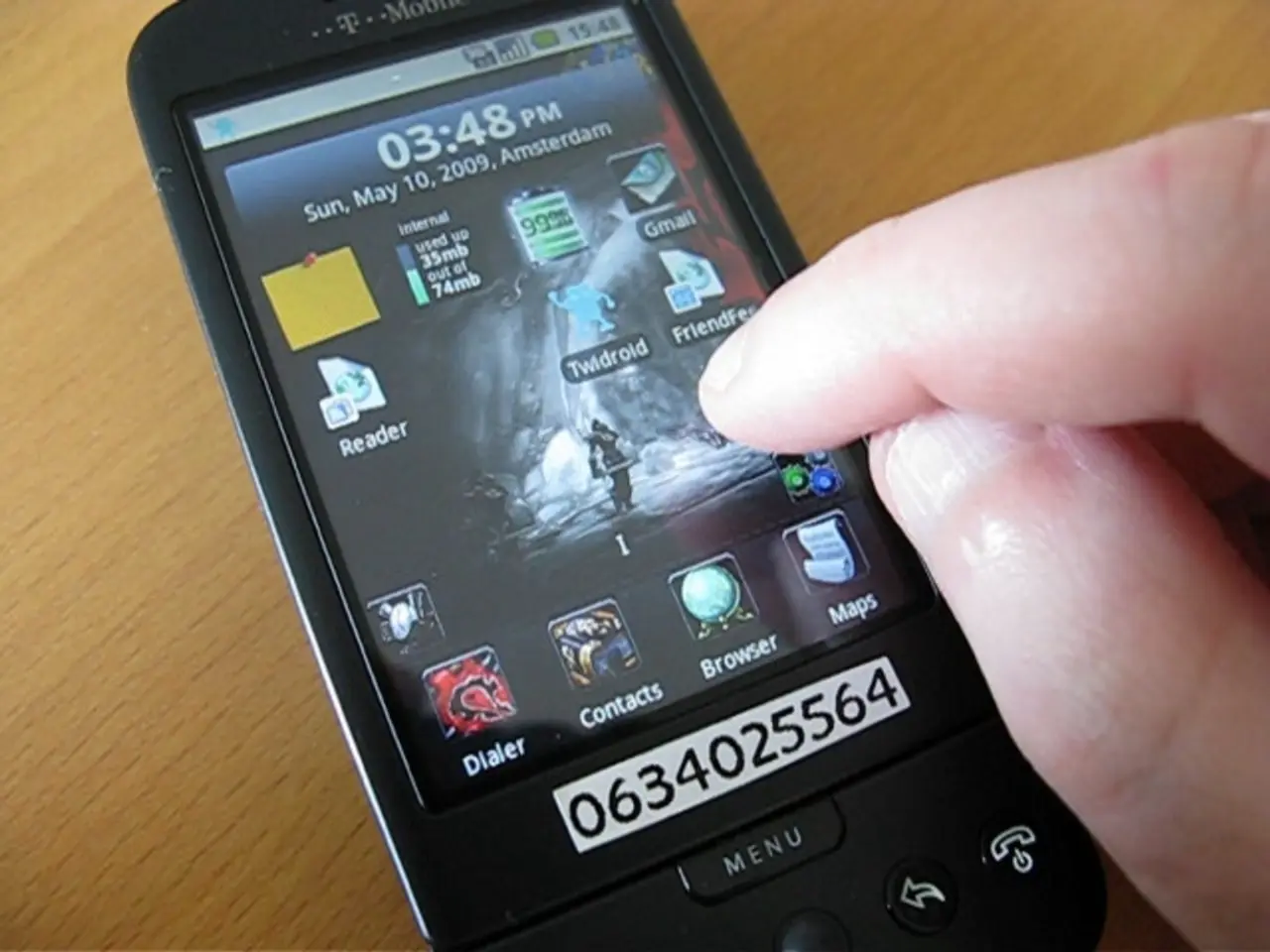Mobile Application Alleviates Panic Symptoms, However Lacks Direct Interpersonal Therapy Compared to In-Person Sessions
Study Finds Face-to-Face CBT More Effective Than Mental Health App for Panic Disorders
A recent study published in Psychology and Psychotherapy: Theory, Research and Practice has compared the effectiveness of a self-help app for panic disorder and agoraphobia against face-to-face cognitive behavioural therapy (CBT). The study, led by Alexander L. Gerlach, was published in 2025 and involved a total of 195 participants.
The study found that face-to-face CBT was more effective than the app in reducing panic and agoraphobic symptoms, depressive symptoms, and avoidance of feared situations. Nearly half of the in-person therapy group achieved reliable improvements, compared to just 13 percent of the app users.
The app, called Mindable, showed a strong effect size (d = 1.11), close to that of the therapy group (d = 1.34). Both interventions covered psychoeducation, interoceptive exercises, and real-life exposure tasks. However, the therapy group excluded individuals taking psychiatric medication, while the app group allowed them, potentially affecting comparability.
The study compared two separate trials, which may have introduced differences in participant characteristics or study design affecting results. Symptom severity dropped significantly from baseline to post-treatment in both groups, but in-person therapy consistently outperformed the app.
Digital interventions can help keep people engaged, addressing a common challenge in online mental health programs. Adherence to the app-completing lessons, tracking symptoms, and practicing exposure was comparable to homework compliance in the therapy setting. Dropout rates were relatively low in both the app and therapy groups.
The authors argue for future research to examine whether blending therapist support with digital tools can close the gap between app-based and in-person outcomes. They suggest that digital tools may be best suited for use in a stepped-care model, supporting individuals while they wait for therapy or when full clinical care is not immediately accessible.
Mental health apps should not be seen as direct replacements for therapy. Apps may appeal to people who are hesitant to seek face-to-face treatment, offering a low-barrier entry point. Digital mental health apps, such as Mindable, can provide meaningful symptom relief for panic-related disorders.
The study provides one of the clearest looks yet at how stand-alone mental health apps compare with established clinical care. Researchers believe that this research will contribute to the ongoing discussion about the role of digital mental health interventions in modern healthcare.
You can read the full study, titled "Does remote match reality? Comparing the effectiveness of a self-help app for panic disorder and agoraphobia to face-to-face CBT," here.








